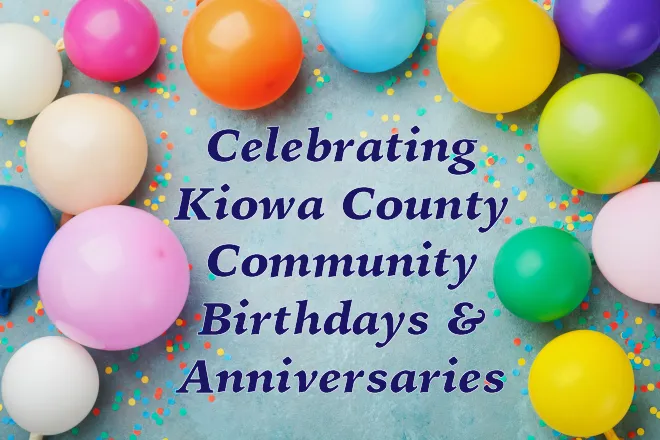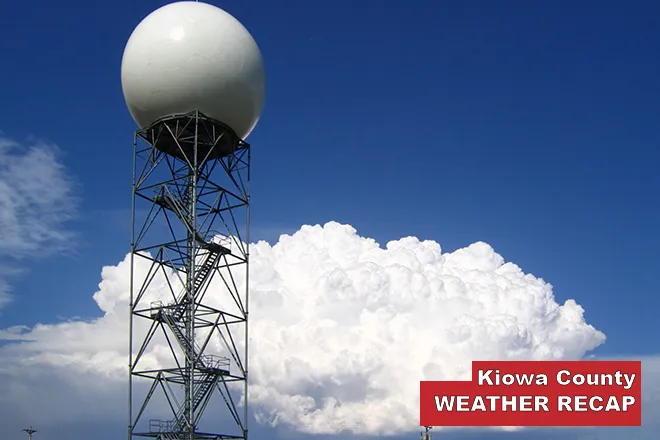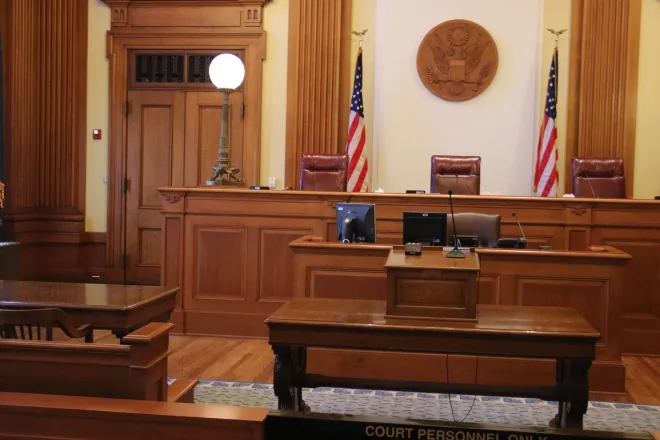
Linly Stum: Evidentiary Part 7
Part 6 was published November 26, 2023, and can be found here.
Some activities in the last sixty years:
Russia
Russia is on everybody's mind because of their invasion of the Ukraine and the terrible loss of life there. But in 2000, I was invited to accompany Dr. Neil Humburg, retired agronomy researcher, on a short tour-of-duty as agriculture advisors in Russia. This was only 10 years after the collapse of Russia, and they were looking to improve their ability to produce grains and food. For many years, Russia cooperated in the world economy as well as cooperating with the US and other countries on the space station. But that all has changed with the wants and desires of President Putin. We cannot understand why he thinks he must have the Ukraine. They wanted to be left alone as a country. But personally, I found Russia to be the most depressing place I have ever been in my life, and I wanted to get out of there. When it was time to leave Russia, Neil and I arrived back in Moscow on a Sunday morning and, presumably, were to spend the next couple of days touring Moscow. On the following Tuesday, we had an all-day appointment with someone in their ministry of agriculture. But after touring Moscow Square on Sunday, I told Dr. Humburg that if I could change my ticket home from Wednesday to Monday morning, I was going to leave. l said to him, "you know what I would say if I was with you, but I have no desire to spend another day in Russia." It cost me $175 to change my flight ticket from Wednesday to Monday morning, and when the one-a-day flight to Moscow from New York arrived, I was on it.
While in Russia, I was interviewed by a Russian television station and was careful not to say anything about the negativity that I saw everywhere. I tried to talk about the potential that I saw in the Russian rural area that could be developed into very, very productive farms. We saw cabbages the size of one's head growing on dry land as well as beautiful dryland corn. The potential was there, but the will to make things happen was not. There was no refrigerator in the home of a farm manager who was responsible for 17,000 acres. We spent one night in a school with no running water or heat. In other words, life for ordinary people was bleak at best.
In most countries where ordinary people cannot afford nice automobiles, the streets are full of little motor scooters and bicycles. I finally had to ask our interpreter why I never saw a single bicycle in the country or in Moscow. l was told that if she could purchase a bicycle today, it would be gone by tomorrow morning. Anything not kept behind high walls or in one's house was stolen. Even the ACDWOCA office building in Saratov had an 8-foot-high wall around it and guarded gate.
Saratov is a city on the Volga River with a population of a couple million. And yes, the Volga River is a big one. I took a picture across the river where you cannot see the hills or the trees on the other side because of the curvature of the earth. It was like looking out across one of the Great Lakes.
After the collapse of the Russian economy in 1990-91, President Gorbachev decided to allow religious missionaries to begin entering the country. The international Methodist Church started a program called Russian Initiative, and I believe in the next 10 years they established approximately 140 churches in Russia. Part of this program included inviting Russians who wished to come to the United States to learn how our system worked. Sherell and I volunteered to host some of these. Our first guest was July (pronounced oolee) Zolotovsky, President of the Voronezh Institute of Economics and Law. To do what we thought was needed was easier to do out here in a rural area than a large metropolitan area. We took July through all the offices at the courthouse where the employees explained their functions. We then took a tour of the jail and court system in Lamar. An interesting sideline with his tour was the hospital in Lamar. He was infatuated with the hospital beds where they had the ability to raise, lower, and bend in the middle. He even asked that the mattress and coverings be removed so he could take pictures of the framework and how it functioned. We had erroneously assumed that hospitals in Russia were similar. As we found out later, they were not. We also have many pictures with July on all the farm machinery.
The next guests were four mid-level bureaucrats. We did not keep them for the full 10-14 days as every morning their first request was to be taken to the nearest bar. We obviously were not quite in tune with that request. They seemed to have very little interest in the courthouse tours, but we did wind up at the hospital in Lamar. The City Administrator hosted a pizza party for them at his house the evening we toured Lamar. One of the Russians apparently ate too much pizza and got rather severe stomach pain. An ambulance was called to transport him to the hospital because we had no idea what was going on and the interpreters weren't too sure either. After x-rays, it was determined he had a huge gas bubble. The doctor put the x-rays up on the screen and explained what they were seeing. All four were very interested in the x-ray explanation. Then one of the Russian guests explained that he had a son who had a minor problem and needed some minor surgery. The way it happens in Russia is that the patient and patient's family is given a list of everything needed including medications, bandages, and syringes. The hospital provided nothing, so the patient had to obtain said items on the black market or at a pharmacy. After everything is found, the doctor would then schedule the surgery. This obviously is a little different than we Americans experience. We assume that it is much better today.
I was probably invited to go to Russia as an agriculture consultant for a couple of reasons. First, I was a good friend of Dr. Neil Humburg, who had been invited to Russia about 10 times in the 10 years between 1990 and 2000. Secondly, l had experience as an American farm operator, and served on the advisory group for the USDA Research Center at Akron, Colorado, as well as Colorado State University Research Center at Walsh.
My trip to Russia was a tremendous lesson in Sociology. l was able to see firsthand what happens to a society when all standards of ethics, integrity, and morality disappear with the outlawing of all churches at the time of the Russian revolution in 1917. In fact, that revolution was triggered somewhat by Cardinal Rasputin, who told the Russian Czar and his family when to stand up and when to sit down. The people rebelled.
My observation was that there is no service group of any kind where these standards of morality and integrity are held up. When I would do my dog-and-pony shows in high schools in eastern Colorado, and even up into Nebraska, I would ask the students where these' standards are found in our society. Eventually, they would get around to mentioning Girl Scouts, Boy Scouts, and 4-H. We would talk about the mottos of Rotary Club, Kiwanis, and Lions Clubs. In this country, those bars of integrity and morality are found everywhere. But they were missing in Russia for approximately 80 years. Go back and re-read Einstein's purpose of education, and it is not the study of science.
Next: Brazil














